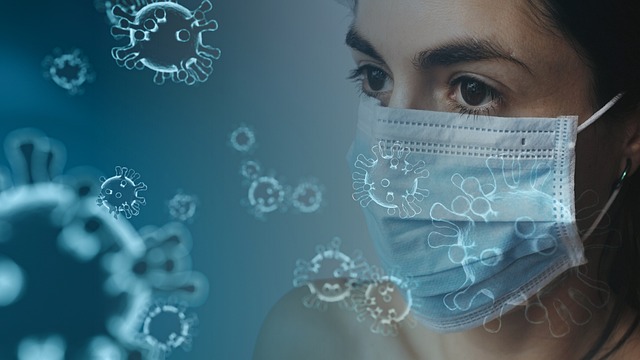Countries observe World Kidney Day annually in March. It is a concerted endeavor to make everyone aware of the value of kidneys and highlight what a kidney disease can do to people’s lives. Every year, this event follows a different theme. For example, the 2020 campaign was “Kidney Health for Everyone, Everywhere.” In 2021, the annual day focused on “Living Well with Kidney Disease.” Likewise, 2022 also followed a specific goal related to kidney health. At a broader level, this celebration allows everyone to know their kidney health better and understand how to protect it. For example, simple steps include eating healthy, keeping oneself hydrated, exercising daily, etc.
If you read MyBioSource’s account of World Kidney Day, you will know that over 30 million American adults may be suffering from a chronic kidney condition that tends to be irreversible. Many people remain oblivious to this issue in the early stages due to the absence of symptoms.
A brief on chronic kidney disorder
Chronic kidney disease (CKD) usually occurs when the organ gets damaged and loses function. CKD can cause kidney failure, due to which kidneys may no longer function properly. CKD can lead to health problems, such as hypertension or high blood pressure, glomerulonephritis or inflammation, polycystic disease, etc. To understand the implication of kidney damage, you first must know that the organ consists of multiple minuscule filters called nephrons. When these filters become affected, the healthy filters work on their behalf. However, the progress of damage can eventually dent other nephrons forcing them to stop functioning.
Consequently, the blood filtering may get interrupted, and your health begins to falter. Without proper attention, the health may worsen, requiring organ transplantation or dialysis. After some time, this condition can convert into kidney failure.
As mentioned, the disease may not reveal itself in the early stage. One can only notice changes in their health when it has worsened. In most cases, people become aware of their kidney problem only after it has lost 90% of its functions. Some signs include weak appetite, itching, disturbed sleep, vomiting, nausea, difficulty with urination, foamy urine or blood stains in urine, cramped muscles, inability to concentrate, swollen feet and ankles, etc. The symptoms present themselves when kidneys have reached the level of failure and accumulated waste and other fluids. Acute cases include fever, diarrhea, nosebleed, rash, vomiting, stomach pain, backache, and others.
Although incurable, the disease can slow down with specific preventative measures. You can go to your physician for guidance to ensure your kidneys are intact. They can recommend tests like eGFR to evaluate the blood filtering status, urine albumin to detect the amount of protein in the urine, and blood pressure monitoring to determine heart functioning. In the early stage, particular diets and medications can be the go-to options. However, cases like kidney failure may require dialysis. Sometimes, medicines and a healthy diet may also work, but the severity can make you opt for kidney transplantation.
Usually, CKD patients have to control their diet of unhealthy fats and transition to olive oil, peanut oil, and corn oil. You also have to eat in moderation. Sodium intake has to reduce. Doctors may also ask you to control your fluid consumption based on your kidney’s wellbeing.
COVID-19 and kidney health
After having a brush with the pandemic, everyone has become more attentive to their overall health and wellness. Everyone knows SARS-CoV-2 infections can create complications by attacking the body’s different parts, such as the lungs. But studies show that the new virus can also interfere with kidney function after infecting the person and his recovery. It doesn’t matter whether someone has an underlying kidney problem or not, as the infection can still cause damage. According to researchers, over 30% of COVID-19 patients in the hospital suffered from kidney injury, and 50% of ICU patients down with the infection may need dialysis due to kidney damage.
The health experts inform that severe coronavirus infections are common in people with chronic conditions. Think of diabetes and high BP. These ailments are tremendous risks for your kidneys. One may wonder how the virus affects the kidneys. There are several possible scenarios:
- The virus attacks the kidney cells by attaching itself to the cell walls and duplicating itself to build more copies that eventually cause tissue damage.
- A low level of air circulation in the organ caused by the virus can be another reason.
- The inflammatory reaction caused by cytokine storm due to virus attack can also be the culprit.
- Or, blood clotting caused by the virus infection can also hamper the kidney’s functioning.
You may be curious to know whether these patients can recover from their acute injuries to the kidney caused by the virus. The health leaders say that dialysis cases may not be able to recover, but some cases have been successful in restoring kidney functions.
Small strides can go a long way in contributing to your overall wellbeing. Nevertheless, the kidney is a substantial body part and what you feed it determines its health. Your lifestyle choices also influence them. So, pay attention to what you eat and drink and be active.







Recent Comments